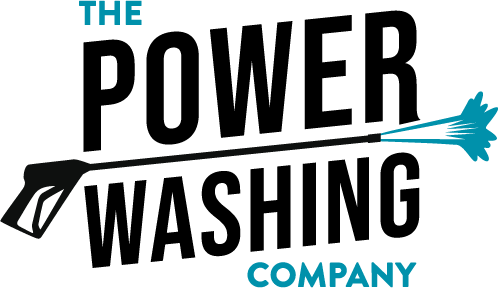Power Washing Explained
Soft Washing
Soft washing is a process that gently cleans surfaces using chemical resistant pumps to apply sodium hypochlorite to organic stains. This method is best for removing dirt, pollen, mildew or algae from surfaces such as rooftops, siding and various stuccos. Note, pressure washing soft surfaces can cause damage and void warranties.
Power Washing
Power washing is a method that uses a heavy-duty power washing machine to remove dirt, debris, and more from surfaces with highly pressurized water. This method is often used to clean heavily soiled concrete, stone walls, driveways, and other hard surfaces.
Pressure Washing
Pressure washing uses a pressure washing machine to remove dirt, debris, and more from surfaces with highly pressurized cold water. This process may be used for cleaning decks, patios, outdoor furniture, and more.
Benefits of soft washing roofs and houses
- Roof washing maintains and prolongs your roof by removing unsightly dirt, moss or mold growth and more while improving the curb appeal of your home. Roof cleaning is a cost-effective alternative to replacing a roof that is in good condition.
- Home washing washes away the elements that naturally adhere and stain siding, painted wood, brick, various types of stucco, decks and more. Soft washing removes these elements and helps protect the homes exterior.
Soft washing has turned into the preferred method for many homeowners because it can be used to deep clean a home without doing any damage to it.
How often should I have my house washed?
It is important to remove dirt, grime and debris such as mold, mildew and chemical residues that build up over time that prematurely age, fade or discolor homes. Ideally, you should clean your home every 1-3 years, depending on the outside elements surrounding your home.
